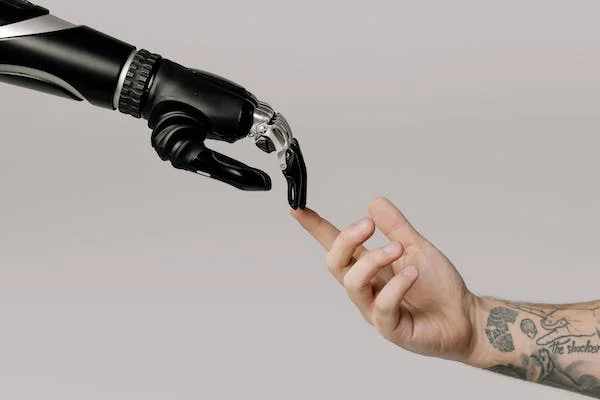The industrial landscape is undergoing a monumental shift, propelled by the advent of Artificial Intelligence (AI). This technological marvel is redefining the way businesses operate and manage their production processes.
AI’s ability to process vast quantities of data and learn from past mistakes is significantly enhancing efficiency in production and bolstering workplace safety. Recent data has shown that AI’s integration in industrial sectors has led to substantial improvements in productivity and a notable reduction in workplace accidents.

AI’s versatility is evident across various sectors, including manufacturing, automotive, aerospace, and healthcare. Companies adopting AI are witnessing a surge in productivity, efficiency, and safety, while also experiencing a decrease in operational costs and an elevation in product quality.
Integrating AI into production processes involves utilizing preconfigured AI systems, which seamlessly adapt to existing structures. Alternatively, companies are developing customized solutions tailored to their specific requirements. A standout example of AI’s application in the industrial sector is its role in laser marking processes. Leading companies like LASIT are at the forefront of integrating AI into laser marking, optimizing both quality and efficiency. AI algorithms in these settings automatically select the best parameters for marking based on material properties, significantly reducing human error and ensuring high-quality outcomes.

AI’s growing influence in the industrial sector is not just a technological upgrade but a strategic revolution, transforming traditional manufacturing processes into more advanced, efficient, and safe systems. As we embrace this new era, businesses are not only enhancing their operational capabilities but are also setting new benchmarks in industrial safety and production quality.



























































